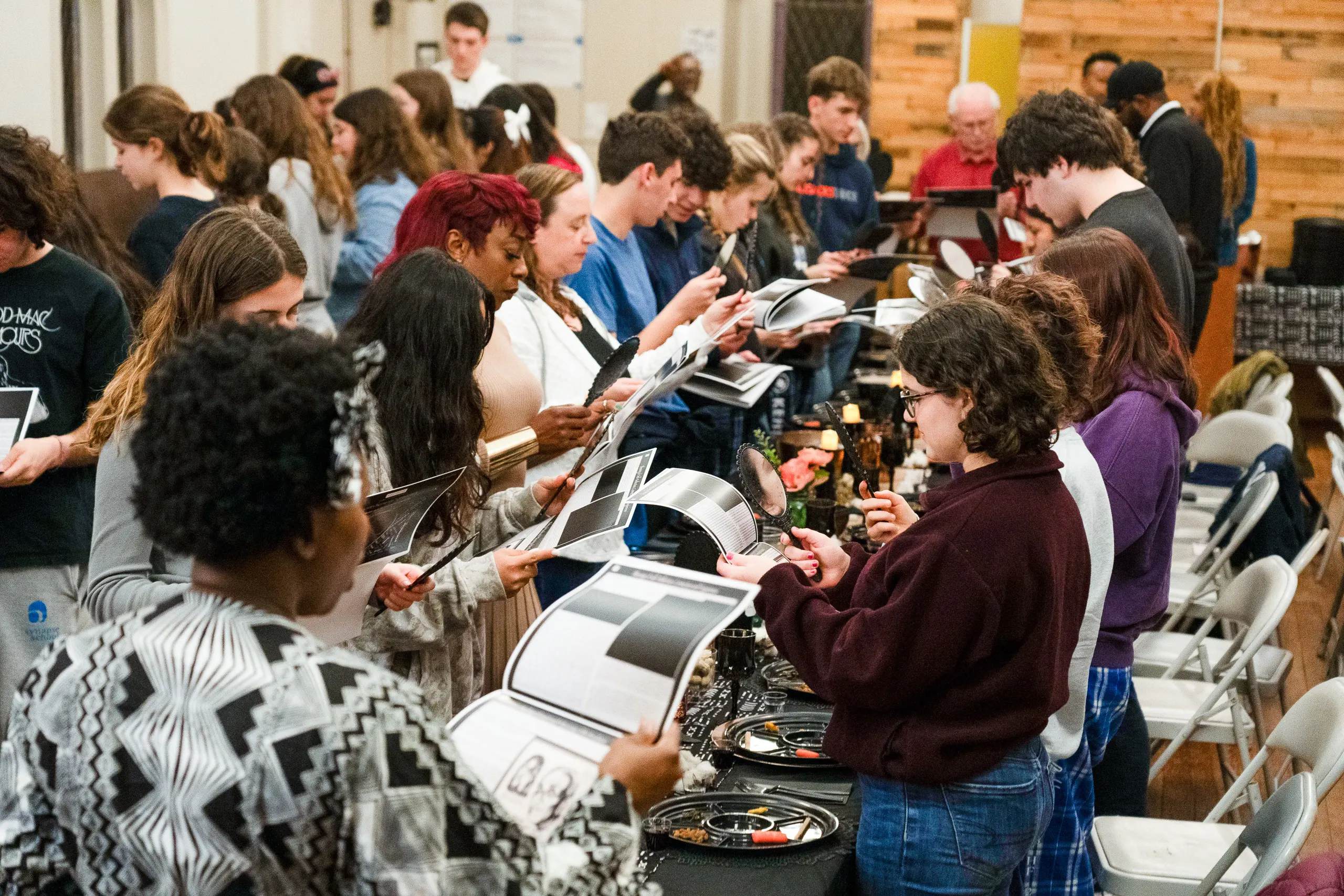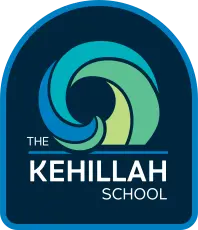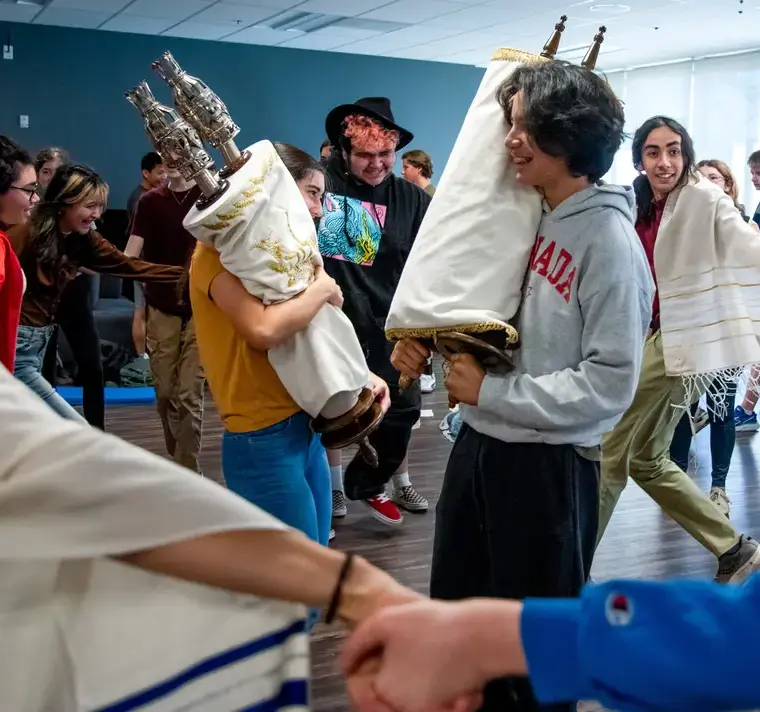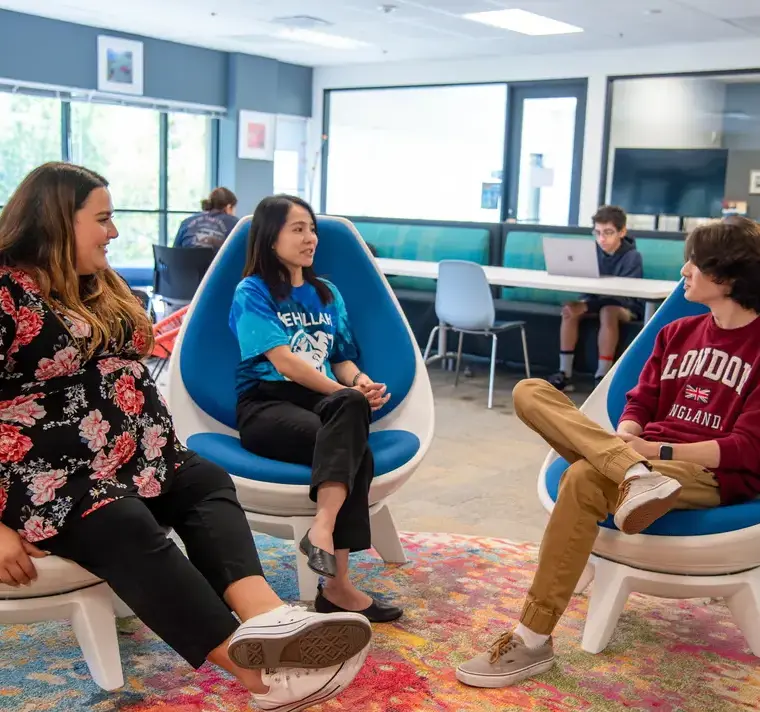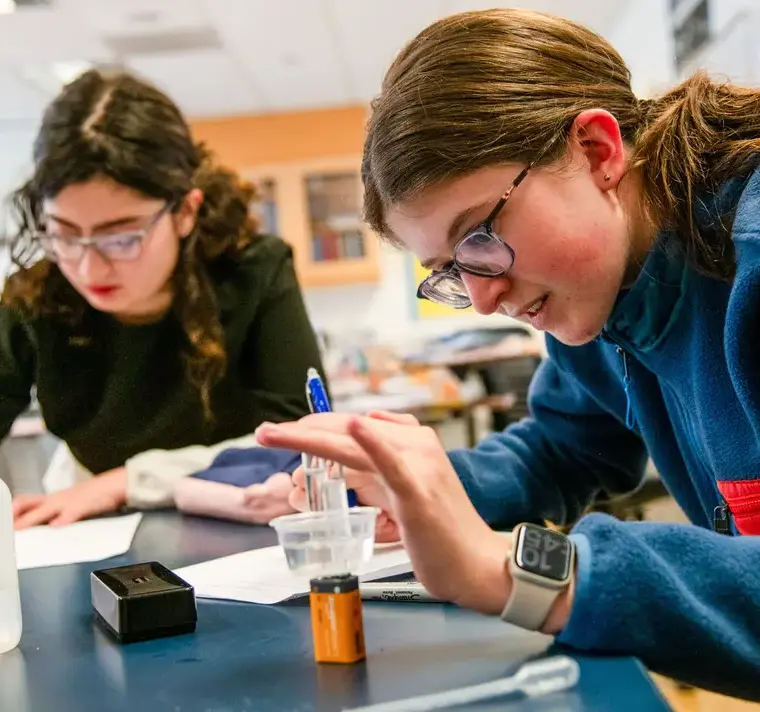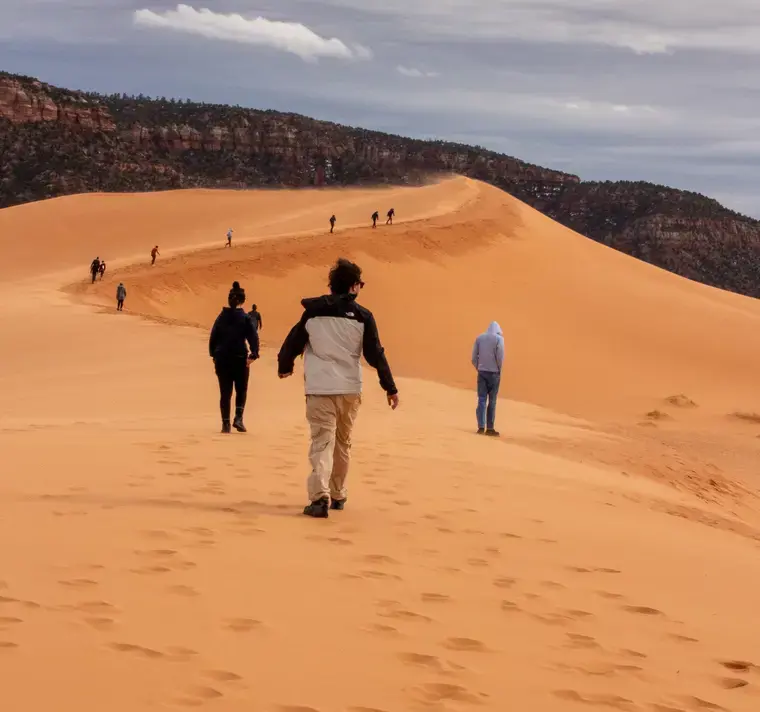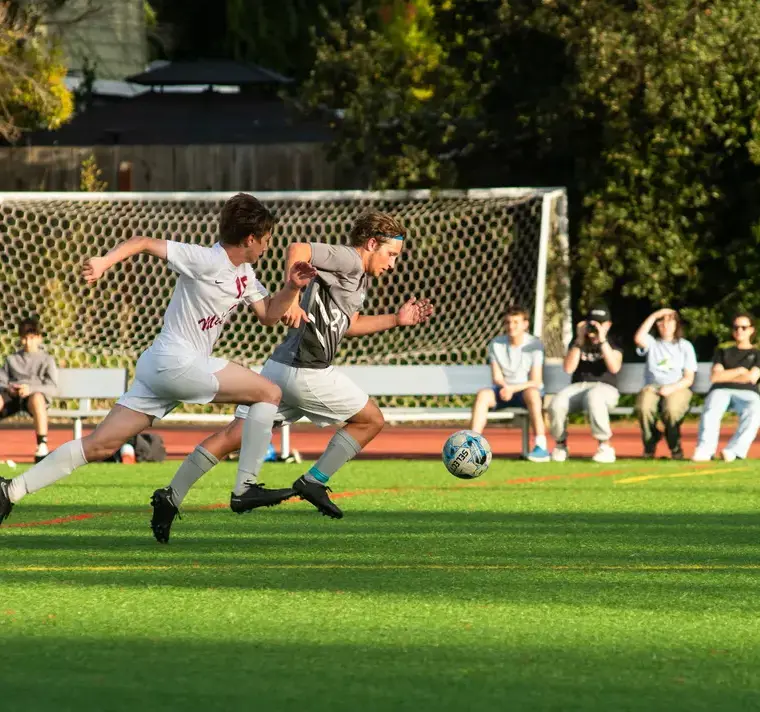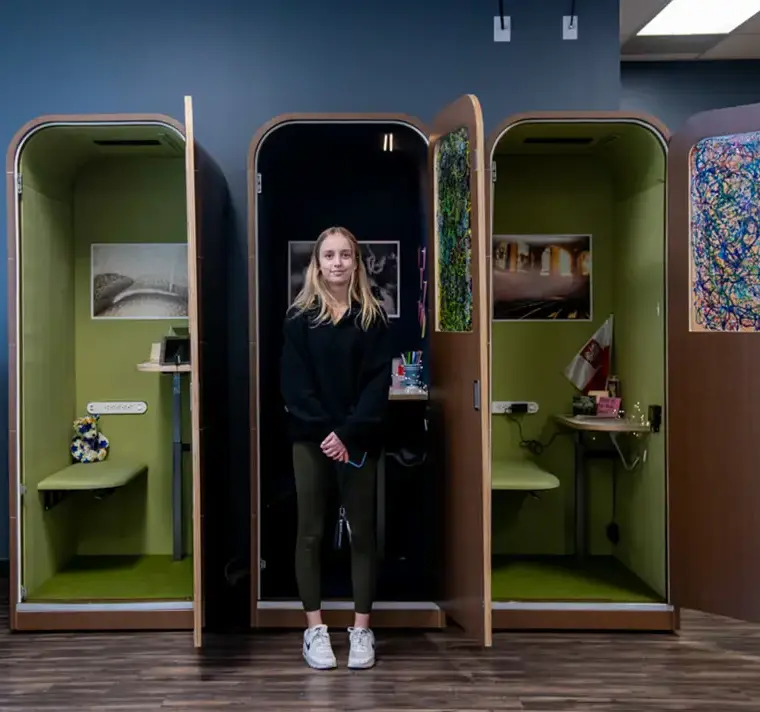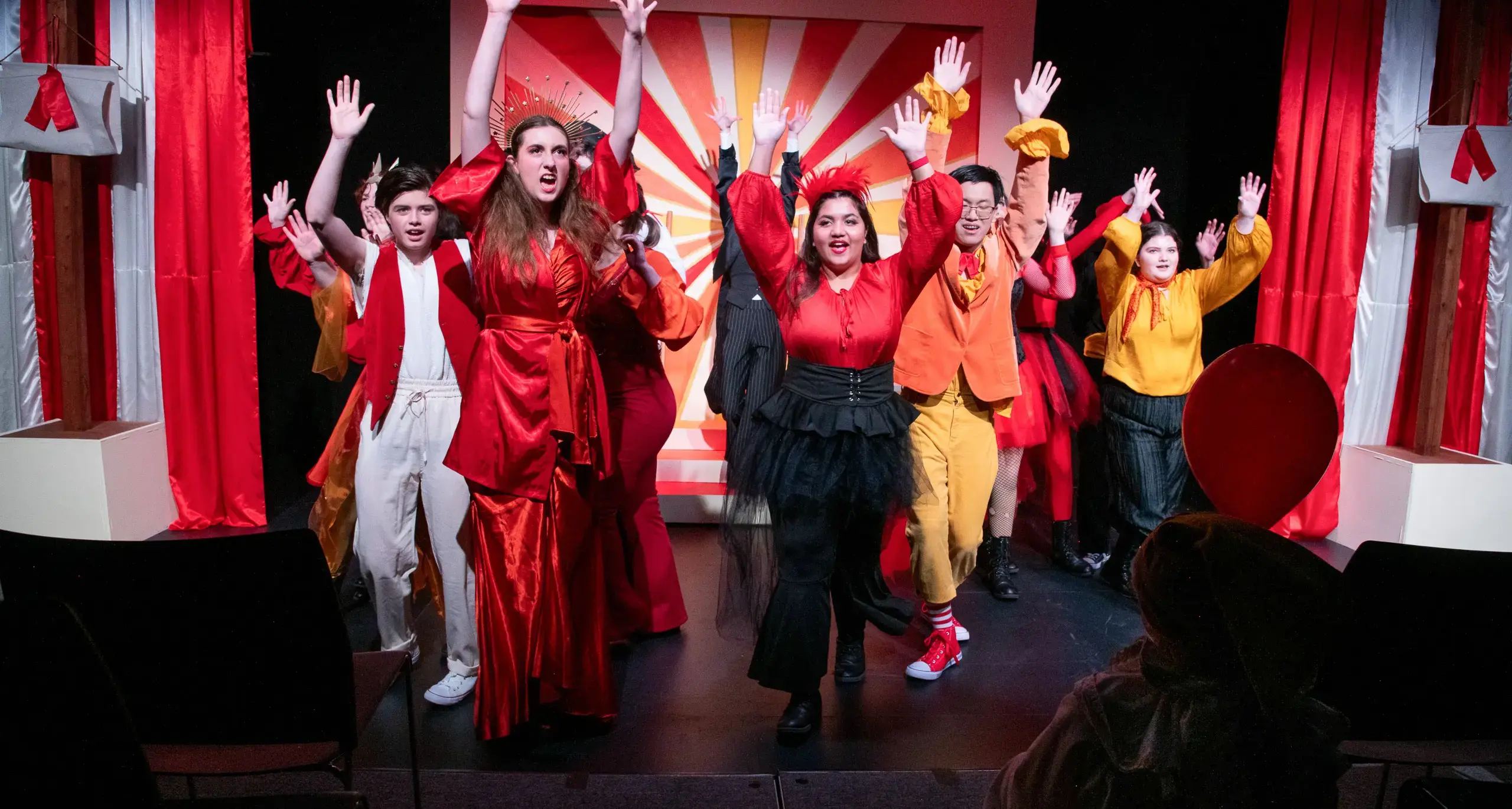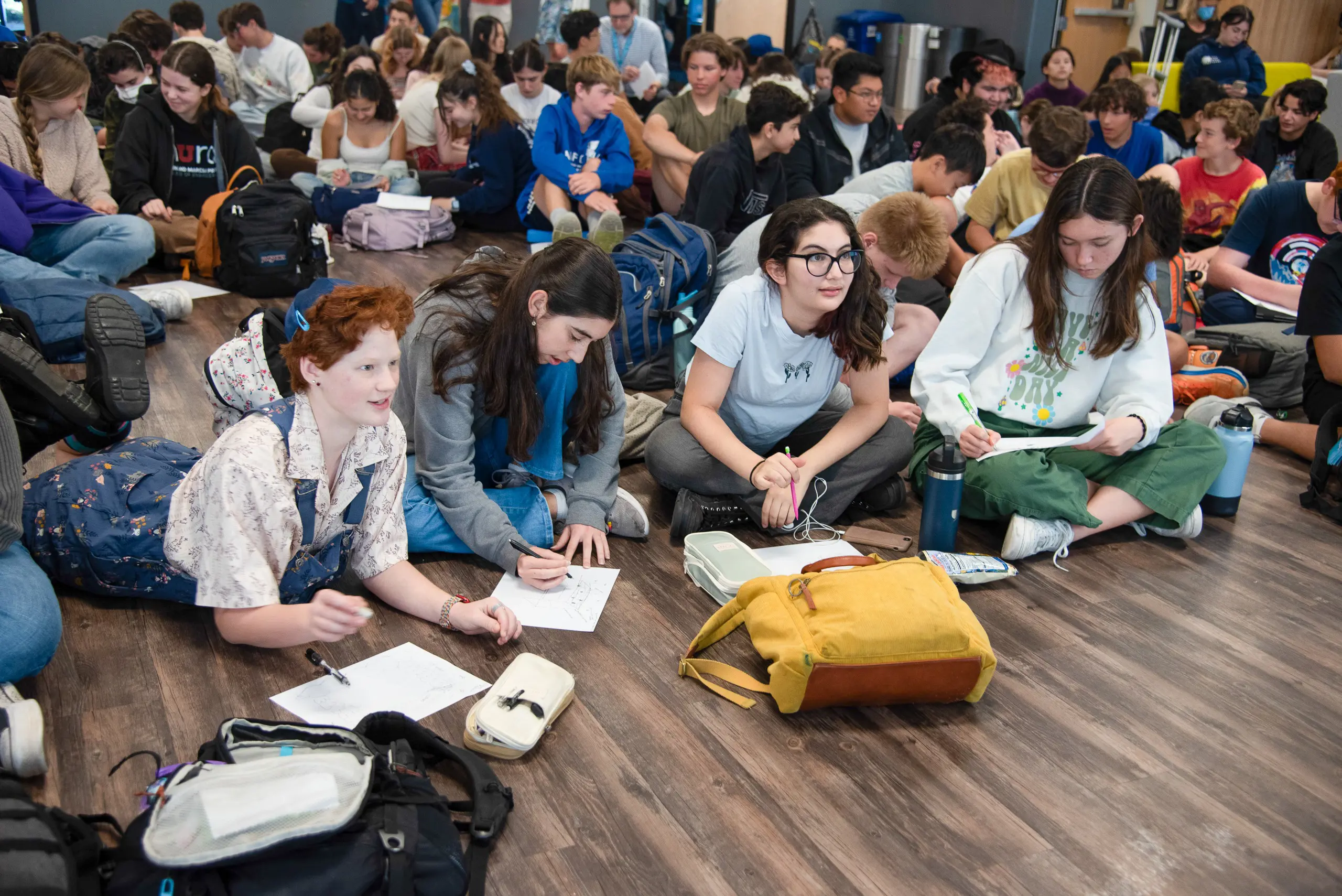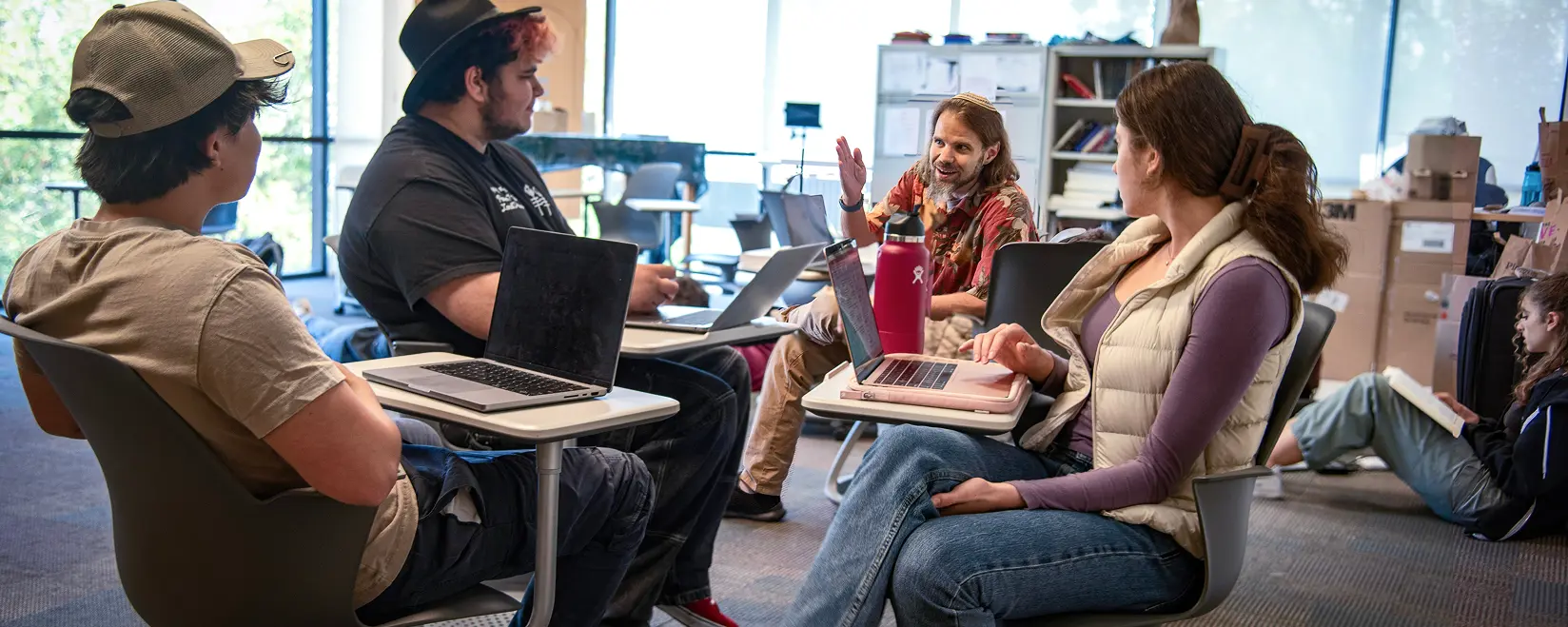Diversity, Equity, Inclusion, & Belonging (DEIB)
At Kehillah, diversity and belonging are at the heart of everything we do.
We embrace the richness of our diverse community and recognize that true academic and personal growth begins with feeling seen, heard, and valued. Grounded in Jewish values, we cultivate a compassionate environment where students and faculty engage in meaningful dialogue, embrace curiosity, and work together to build an inclusive and just world.
We are dedicated to fostering a society that not only appreciates and celebrates differences but also actively confronts inequity.
"You are not obligated to complete the work, but neither are you free to desist from it.”Pirkei Avot 2:21 |
Non-Discrimination Statement
The Kehillah School admits students of any race, color, national and ethnic origin, religion, sexual orientation, gender identity, and disability to all the rights, privileges, programs, and activities generally accorded or made available to students at the school.
It does not discriminate on the basis of race, color, national and ethnic origin, religion, sexual orientation, gender identity, and disability in administration of its educational policies, admissions policies, scholarship and loan programs, and athletic and other school-administered programs.
